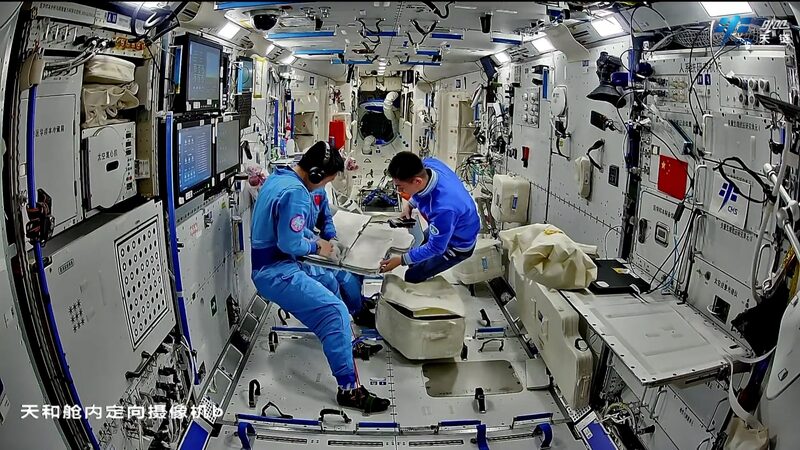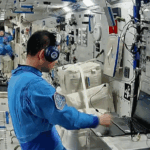China’s first reusable satellite, Shijian-19, has returned to Earth with a cosmic haul of scientific experiments—and it’s a game-changer for global space research! 🛰️ The satellite, launched in September, delivered over 500 kg of payloads, including seeds for space breeding and cutting-edge tech trials, to domestic and international partners like Thailand and Pakistan this week.
Why It Matters
Shijian-19 isn’t just a one-hit wonder. Its reusable design allows it to make over 10 trips to space, slashing costs and boosting efficiency. Think of it as a SpaceX-style innovation but for scientific experiments! 💡 The mission tested everything from microgravity hydrogen production to wireless power transmission—science fiction turned real-life R&D.
Seeding the Future
The satellite carried seeds for 1,800 plant species and 1,000 microorganisms, part of China’s ambitious space breeding program. 🌾 Liu Luxiang, a top agricultural scientist, highlighted its role in tackling global food security: ‘We’re developing climate-resilient crops that could feed millions.’ Thai rice seeds and Pakistani wheat were among the international samples, proving science knows no borders.
Global Collaboration, Local Impact
With reusable tech, China aims to democratize space experiments. ‘This platform offers affordable, high-quality microgravity conditions,’ said CNSA’s Meng Lingjie. From nanomaterials to dental science, the payloads could revolutionize industries—and maybe your next dentist visit! 😉
Shijian-19’s success cements China’s role in sustainable space exploration. As Bian Zhigang of CNSA put it: ‘This is just the beginning.’ 🌠
Reference(s):
China's first reusable, returnable satellite delivers payloads
cgtn.com





